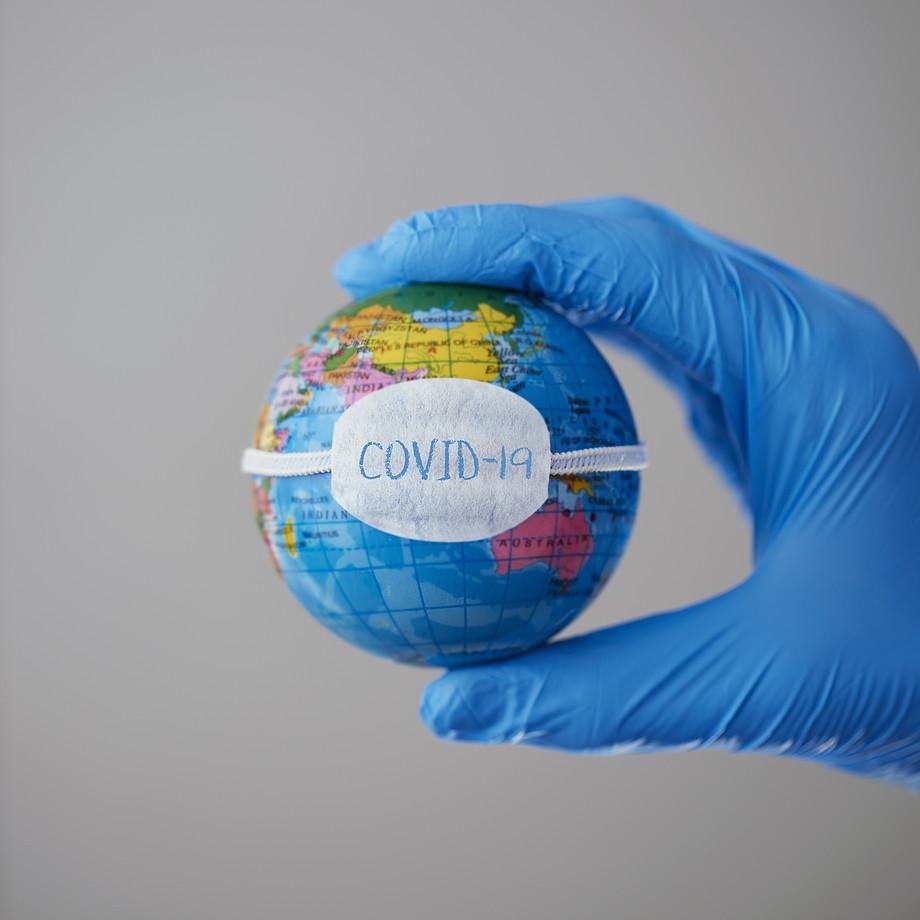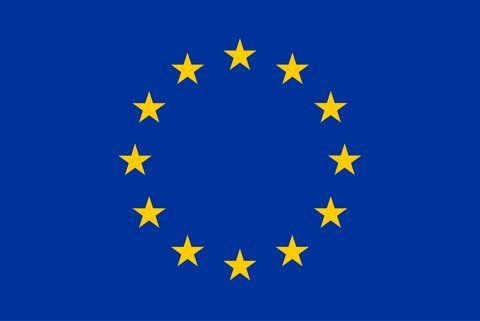Project Features
EU Horizon project REGROUP - Resilient governance in Europe after the coronavirus pandemic

On account of COVID-19, the EU sees itself confronted by multiple legal and political tensions. How has society and politics changed, and how can the EU be supported in light of the ongoing challenges?
The COVID-19 pandemic developed into one of the 21st century's most serious crises and hit Europe very hard. European countries were the first liberal democracies that had to come to terms with the ensuing legal and political pressures related to the biggest global public health crisis of this century. However, the pandemic, considered the culmination of a public health challenge evolving over ten years, also gave European countries an opportunity to initiate institutional and political change – not only within the context of specific, COVID-19 related emergency measures but also with regard to various socio-political challenges caused and exacerbated by COVID-19. As a result of the pandemic, the EU is experiencing ongoing political and institutional change, the scope and direction of which has yet to be clearly determined and analysed.
This is where the EU's project REGROUP – which is funded by Horizon – has taken the initiative and set itself three objectives. The "diagnosis" involves mapping the sociopolitical dynamics and consequences of the pandemic. The "evaluation" entails appraising the pandemic from a normative and legal perspective, while the "prescription" – as the overarching objective – aims to develop practical advice based on the findings backed by first the first two analytical objectives, designed to be used by EU institutions in their efforts to overcome the persistent challenges.
Headed by the University of Groningen, REGROUP is an alliance consisting of a total of fourteen different institutions. The project is divided into different work packages, four of which will work on the "diagnosis", two on the "evaluation", and three on the "prescription".
How right-wing populism affects current cleavages
Under the supervision of Professor Lars Rensmann, the University of Passau is involved in drawing up the third work package for the "diagnosis". The purpose is to identify and analyse social and geographical cleavages that have emerged in Europe in the context of the COVID-19 pandemic. This includes examining the newly emerged cleavage in relation to healthcare policy and its correlation with already existing cleavages. The project also entails studying the direct impact of the pandemic and the resulting economic crisis on social groups in individual member states. In addition, the project will determine the extent to which different points of view regarding assorted topics like lockdown, financial support, or the distribution of gear and vaccines have caused certain groups and countries to be exposed to health-related and economic risks. The researchers are also investigating to what extent and how certain (especially right-wing populist) political players are exploiting, mobilising, politicising, and exacerbating newly emerged conflicts regarding health care policies in government or in opposition, and how this political behaviour impacts existing sociocultural and social cleavages in Europe. Have conflicts regarding health-policy measures become part of a sociocultural "super cleavage" with respect to citizens’ responses and political responses to contemporary socio-cultural change?
The project extends over three years and has been awarded EUR 3 million in funds from the EU. It forms part of the University of Passau's Europe focus.
More information:
- Project website
- Website of the Chair held by Professor Rensmann
- Video interview with Professor Lars Rensmann
| Principal Investigator(s) at the University | Prof. Dr. Lars Rensmann (Lehrstuhl für Politikwissenschaft mit Schwerpunkt Vergleichende Regierungslehre) |
|---|---|
| Project period | 01.09.2022 - 31.08.2025 |
| Source of funding |  Europäische Union (EU) > EU - 9. Forschungsrahmenprogramm (Horizon Europe) |
| Projektnummer | 101060825 |
| Förderhinweis | "Funded by the European Union. Views and opinions expressed are however those of the author(s) only and do not necessarily reflect those of the European Union or Horizon Europe. Neither the European Union nor the granting authority can be held responsible for them." |

